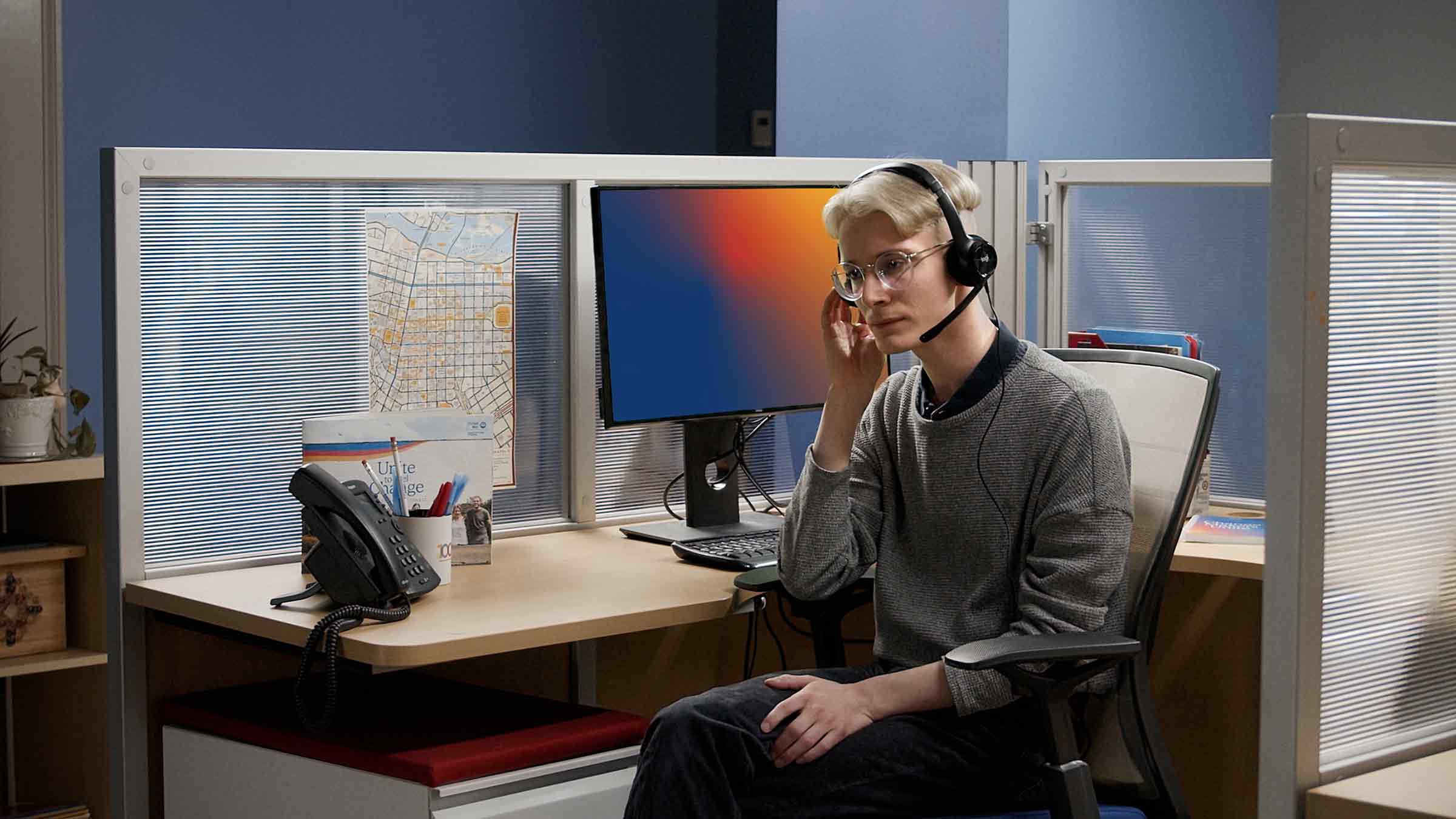
To continuously improve the ways in which we support our community, in 2018, Greater Twin Cities United Way undertook a months-long redesign of our impact-focused strategies. We interviewed over 100 nonprofit, government and academic leaders across the nine-county metro to better understand what they viewed as the region’s most pressing challenges and how United Way could leverage our unique assets to address them. What did we hear? The message was loud clear: Our region is experiencing crises in areas of housing and mental health.
Through our 211 resource helpline, United Way acts as a bridge, providing people with information and referrals to over 40,000 statewide resources and services to ensure they have their basic needs met. So when the Minnesota Department of Health sought applicants to become Minnesota-based providers of the National Suicide Prevention Lifeline, we made the leap. Building on the bridge role we play through 211, and in service to the very real mental health challenges surfaced in our research, in 2020 we embarked on the path to becoming a provider of the National Suicide Prevention Lifeline.
In Fall 2020, my colleagues and I developed the clinical foundations of our suicide prevention program — program protocols, training curriculum and operations foundations — which were approved by the National Suicide Prevention Lifeline. Understanding how the pandemic exacerbated community need for crisis mental health services, we quickly hired an inaugural team of five Lifeline staff. And on January 5, 2021, we began serving our community as we took our first Lifeline calls, providing phone-based mental health crisis support.
As our Lifeline team has grown from five to 16, so has our impact. In the first year, our Suicide Prevention Lifeline Center fielded almost 10,000 calls, 1,000 of which were self-attested first-time callers. Our approach is rooted in the core value of using the least invasive intervention as safely as possible, and through empathetic listening and caring connection, our team co-created with callers over 4,000 plans to help them stay safe from harm and provided 750 callers with referrals to pertinent resources. Reserved for the most at-risk situations, United Way Suicide Prevention Call Specialists assisted 96 callers with emergency active rescue.
A recent call came from a health care worker — their first time calling in. The caller was struggling with worsening anxiety and suicidal ideations in the last year, resulting in part from stresses with their job. They had also experienced losses in their family in the past year and were supporting another loved one with a terminal illness.
“As a suicide prevention specialist, my role is to provide supportive listening and assist the caller in developing a safety plan. In this case, I encouraged them to prioritize their own mental health and to utilize the mental health resources available to them. As part of their safety plan, the caller resolved to discuss strategies for taking the time they need to rest and to contact a Walk-In Counseling Center for urgent counseling.
“During our call, the caller seemed to experience a breakthrough as they began to center themselves and their need for support. They were so appreciative of the help we were able to offer. It was especially rewarding for me, being able to support someone who has been working through the pandemic as a front-line worker.” — Ellis, Greater Twin Cities United Way Suicide Prevention Specialist
If you, or someone you know, is struggling with suicide, call 1-800-273-TALK (1-800-273-8255) for immediate support.
Do you have any promotional materials with the 998 number on them? Stickers, magnets, bookmarks, etc.? It would be great to have something to hand out to students. Thanks!